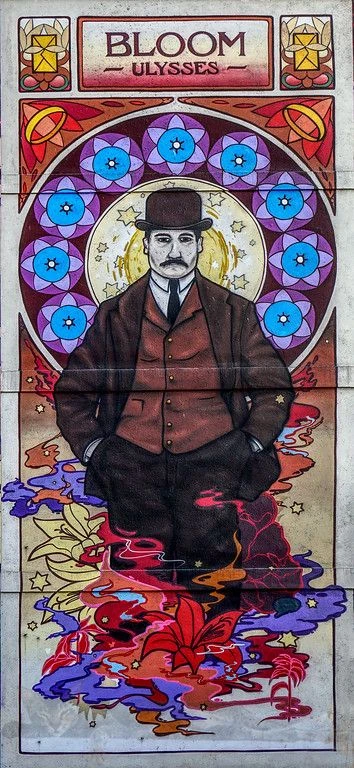
On this episode of the Irish History Show, John was joined by Tomás MacConmara to discuss his book Days of Hunger, the Clare Volunteers and the Mountjoy Hunger strike of 1917.
The book deals with the events of 1917 culminating in the death of Volunteer leader Thomas Ashe after force feeding while on hunger strike.
MacConmara argues that the events of 1917, in particular the death of Ashe, crystalised and ‘gave new meaning’ to the Easter Rising of the year before. What emerged at the end of 1917 was a Republican movement that was ‘more coherent’ more popular and more politically astute than the disparate coalition that had launched the Rising.
Central to this was a form of passive resistance, whereby activists would openly defy the wartime ban on unauthorised military drilling or seditious speeches, get arrested in full view of the public and once imprisoned, hunger strike for political status. This culminated with the death of Thomas Ashe.
Tomás Mac Conmara is an award-winning oral historian and author from County Clare. In 2016, he was commended by President of Ireland Michael D. Higgins, as one of seven recipients who have made outstanding contributions to culture over the last 100 years for a Comhaltas Forógra na Cásca Centenary Award. He began documenting oral tradition and folklore in the townland of Ballymalone in east Clare as a teenager and is now recognised as one of the leading oral historians in the country. From 2008 to 2014, he led the foundation and development of Cuimhneamh an Chláir (Memories of Clare) and was also a founding member of the Oral History Network of Ireland. He is also a former County Heritage Officer and in January 2016 was appointed by UCC as Manager of the Cork Folklore Project.
We have started a Patreon page for The Irish Story website and The Irish History Show. Please follow the link and your support is greatly appreciated. https://www.patreon.com/user?u=29204818
Intro / Outro music “Sliabh” from Aislinn. Licensed under creative commons from the free music archive.
Podcast: Play in new window | Download
Subscribe: RSS









